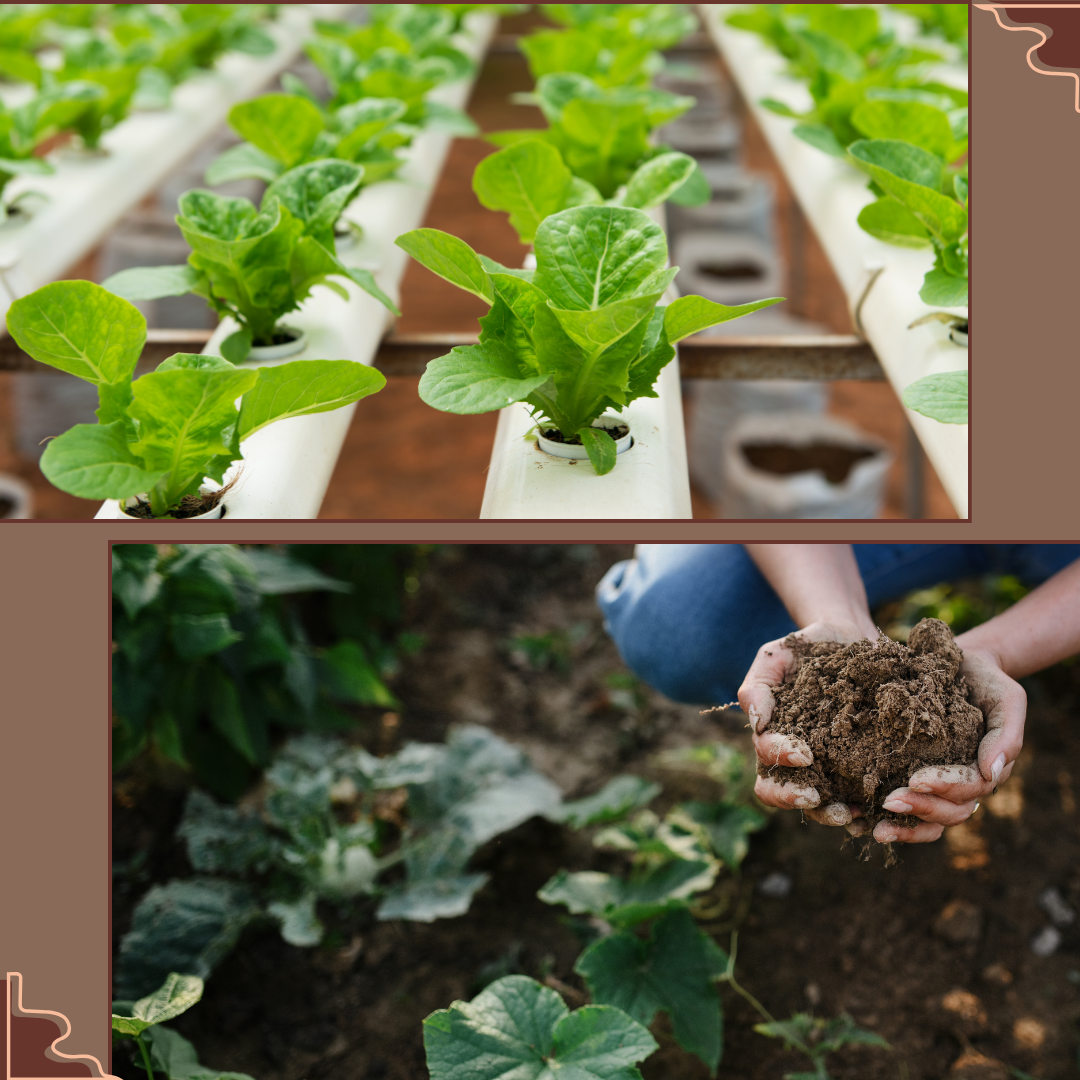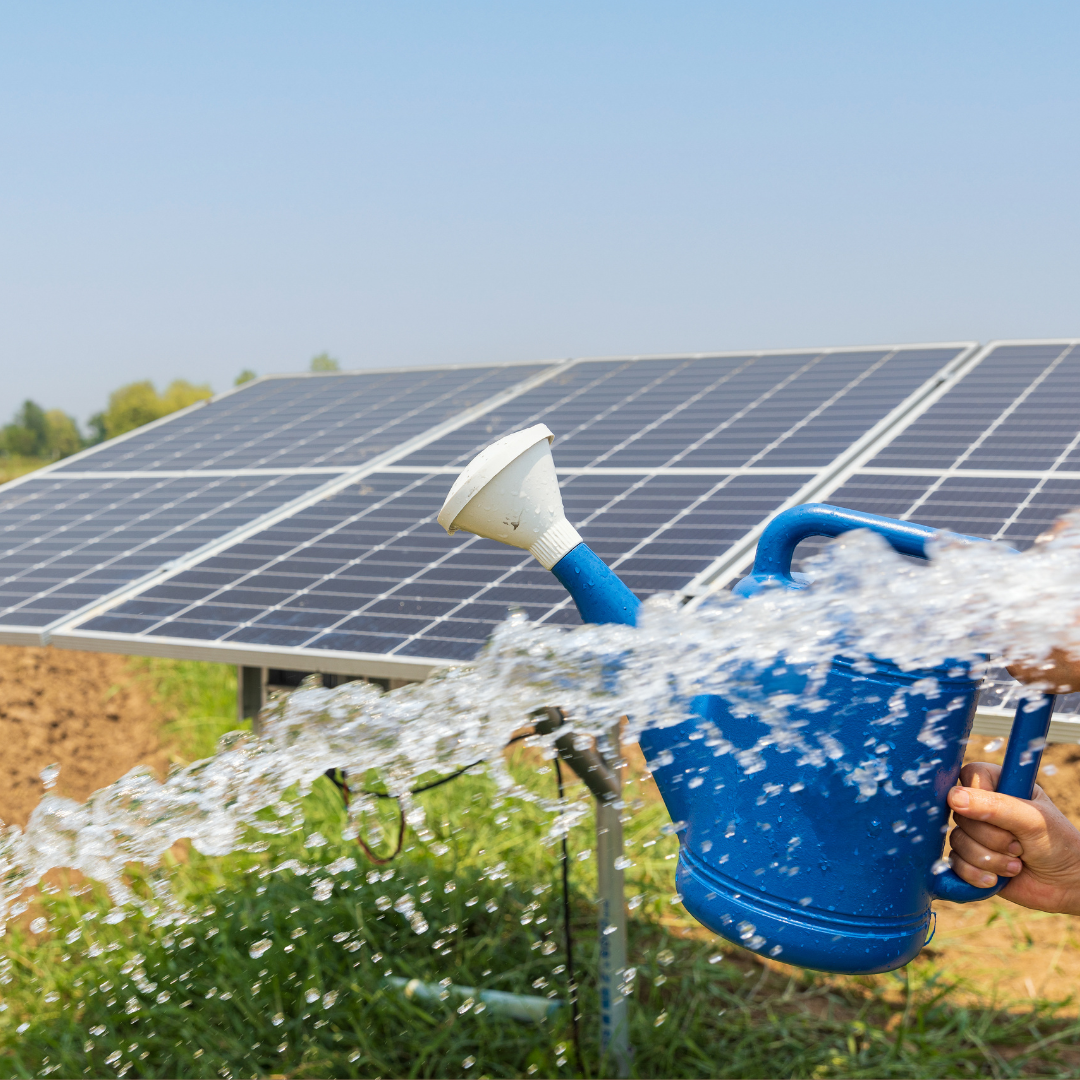Hydroponics farming is a modern way to grow plants without soil, using nutrient-rich water instead. This innovative method is becoming popular in cities where space is limited. The economic impact of hydroponics farming in urban areas is significant. It uses vertical space efficiently, allowing for more plants in small areas.
Year-round indoor production ensures a steady supply of fresh food. Higher yields and reduced water usage make it more sustainable and cost-effective.

Hydroponics farming also creates jobs and supports local food production, reducing transportation costs and boosting the local economy.
Despite some challenges, like initial setup costs, the economic impact of hydroponics farming in urban areas is very promising.
Table of Contents
ToggleEfficient Use of Space
In cities, space is often limited and expensive. Traditional farming requires large areas of land, which are not always available in urban environments.

Hydroponics farming, however, uses vertical space very efficiently. Plants can be grown in stacked layers, using shelves or racks. This vertical farming method allows for a high density of plants in a small area, making it ideal for cities.
By maximizing space usage, hydroponics farming can significantly increase the amount of food produced in urban settings, contributing positively to the local economy.
Year-Round Production
One of the major advantages of hydroponics farming is the ability to grow crops year-round. Since hydroponics systems can be set up indoors, farmers can control the environment, including temperature, light, and humidity.

This means that crops are not affected by seasonal changes or extreme weather conditions. Consistent production throughout the year ensures a stable supply of fresh produce, which can help stabilize prices and meet the constant demand in urban areas.
This stability benefits both consumers and farmers economically.
Higher Yields and Faster Growth
Hydroponics farming often results in higher yields and faster plant growth compared to traditional soil-based farming. In a hydroponic system, plants receive a balanced supply of nutrients directly to their roots, leading to optimal growth conditions.

This efficiency results in more produce being grown in less time, increasing the overall output. Higher yields mean that farmers can sell more produce, boosting their income and contributing to the local economy.
The increased availability of fresh produce can also improve food security in urban areas.
Water Conservation
Water scarcity is a significant issue in many urban areas. Hydroponics farming uses significantly less water than traditional farming methods. In a hydroponic system, water is recirculated, and only a small amount is lost through evaporation or plant uptake.

This efficient use of water makes hydroponics a sustainable farming method, especially in cities where water resources are limited. By conserving water, hydroponics farming reduces costs and makes urban agriculture more economically viable.
Job Creation
The growth of hydroponics farming in urban areas creates numerous job opportunities. Setting up and maintaining hydroponic systems requires a range of skills, including technical knowledge, agricultural expertise, and marketing abilities.

This demand for diverse skills can lead to the creation of various jobs, from farm workers and technicians to sales and marketing professionals.
Job creation in hydroponics farming can boost local economies, providing employment opportunities and supporting economic development in urban areas.
Local Food Production
Hydroponics farming enables local food production, reducing the need for long-distance transportation. Transporting food over long distances can be costly and contribute to greenhouse gas emissions.
By producing food locally, hydroponics farming lowers transportation costs and reduces the carbon footprint of food production. Additionally, local food production supports the local economy by keeping money within the community.
Fresh, locally grown produce is often more desirable to consumers, who may be willing to pay a premium for it, further boosting the economic impact of hydroponics farming.
Investment and Innovation
The increasing popularity of hydroponics farming has attracted significant investment and spurred innovation. Companies and entrepreneurs are developing new technologies and systems to make hydroponics farming more efficient and cost-effective.

This investment in innovation drives economic growth in related industries, such as technology and manufacturing.
As hydroponics systems become more advanced and affordable, more people will be able to start their urban farms, further expanding the economic benefits of this farming method.
Initial Costs and Accessibility
One of the main challenges of hydroponics farming is the initial setup cost. The equipment and technology required for hydroponics systems can be expensive, which may deter some potential farmers.

However, as technology advances and becomes more widespread, the costs are expected to decrease. Additionally, government grants and subsidies can help offset these expenses, making hydroponics farming more accessible to a broader range of people.
Overcoming the initial cost barrier is crucial for the widespread adoption of hydroponics farming in urban areas.
Knowledge and Expertise
Hydroponics farming requires specialized knowledge and expertise. Farmers need to understand how to manage nutrient solutions, control environmental conditions, and troubleshoot any issues that arise.
The learning curve can be steep, but educational resources and training programs are becoming more available. As more people gain the necessary skills, the adoption of hydroponics farming will likely increase.
Providing access to training and education is essential for the economic success of hydroponics farming in urban areas.
Market Competition
As hydroponics farming becomes more popular, competition in the market may increase. Farmers will need to find ways to differentiate their products to maintain profitability.

Marketing strategies that highlight the benefits of hydroponically grown produce, such as its freshness, sustainability, and local production, can help attract customers.
Building a strong brand and establishing a loyal customer base will be important for standing out in a competitive market. Successfully navigating market competition will be key to the economic impact of hydroponics farming.
Urban Revitalization
Hydroponics farming has the potential to revitalize urban areas. Vacant lots, rooftops, and unused buildings can be transformed into productive farming spaces, contributing to the economic development and beautification of cities.
These green spaces can improve the quality of life for residents by providing access to fresh food and green areas. Urban farms can also become community hubs, offering educational opportunities and fostering a sense of community.
The revitalization of urban areas through hydroponics farming can have a positive economic and social impact.
Food Security
Food security is a growing concern in many urban areas. Hydroponics farming can play a crucial role in ensuring a stable and reliable food supply.
By producing food locally and efficiently, hydroponics farming can reduce dependence on external food sources and enhance the resilience of urban food systems.
A stable food supply is essential for economic stability, as it helps prevent price fluctuations and ensures that all residents have access to affordable, nutritious food.
Hydroponic farming can contribute to a more secure and sustainable urban food system.
Environmental Benefits
The environmental benefits of hydroponics farming also contribute to its economic impact. Hydroponics systems use less water and fewer pesticides and herbicides than traditional farming methods, making them more environmentally friendly.

These environmental benefits can attract eco-conscious consumers and investors, further boosting the economic potential of hydroponics farming.
Sustainable farming practices are increasingly important in today’s world, and hydroponics farming aligns well with this trend.
The ability to produce food in an environmentally responsible way can enhance the economic viability of hydroponics farming.
Future Potential
The future potential of hydroponics farming in urban areas is vast. As technology continues to advance, hydroponics systems will become more efficient, affordable, and accessible.

The growing awareness of the benefits of local, sustainable food production will drive demand for hydroponically grown produce. Additionally, the potential for urban revitalization and improved food security will make hydroponics farming an attractive option for cities around the world.
With continued investment, innovation, and education, hydroponics farming can become a key component of sustainable urban agriculture, providing significant economic benefits.
Conclusion
Hydroponics farming in urban areas offers numerous economic benefits, from efficient space utilization and higher yields to job creation and local food production. While there are challenges to overcome, such as initial costs and the need for specialized knowledge, the future potential of hydroponics farming is promising.

As technology advances and more people recognize the advantages of this innovative farming method, hydroponics farming is poised to become a key component of sustainable urban agriculture.
By maximizing space, conserving water, and providing fresh, local produce, hydroponics farming can have a significant positive economic impact on urban areas.
